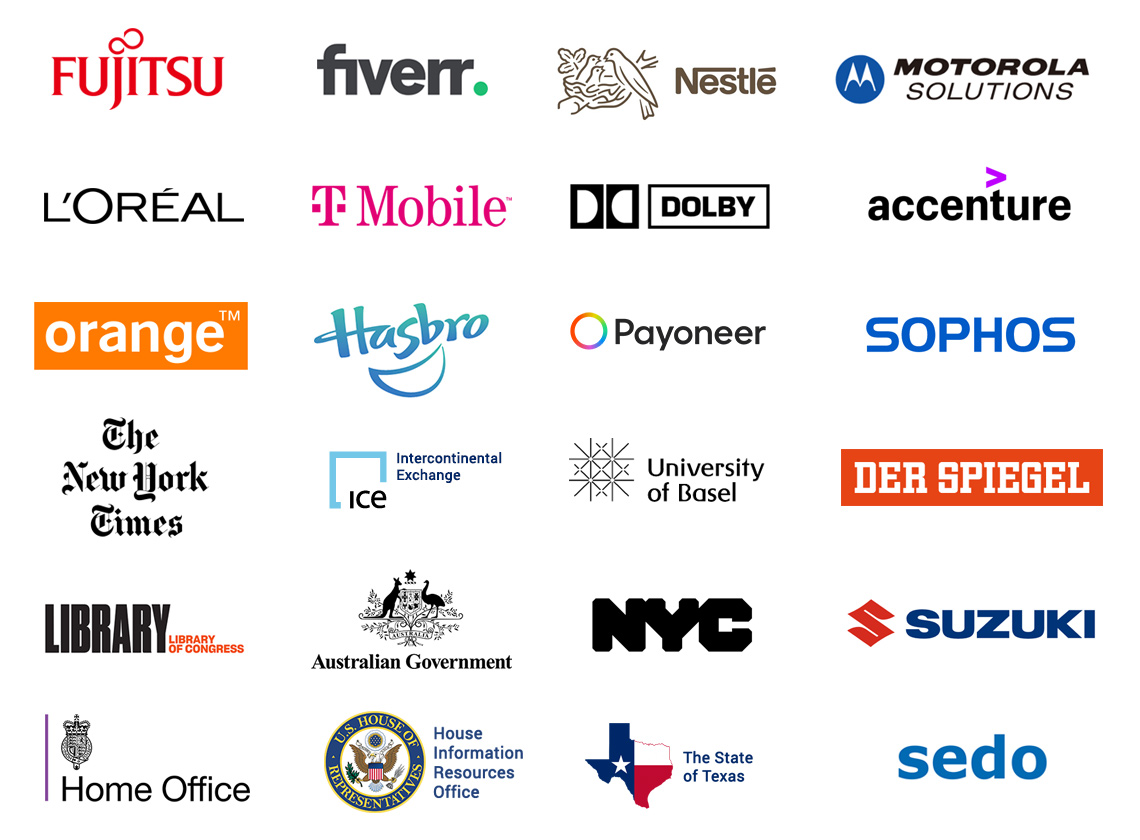TLDR: You can instantly access a VNC browser via browserling.com/browse. Developed by me and my team, we installed all versions of Chrome, Firefox, Safari, and other browsers in the cloud, together with VNC server software, and we stream just the browser windows to you, ensuring secure and private web browsing experience.
VNC Browser – What Is It?
A VNC browser is a web browser that is hosted on a remote server and is accessed over the Internet through the VNC protocol. This setup allows users to interact with the remote browser in real-time, offering a secure and isolated browsing experience that runs independently of the user's local environment.
VNC Browser – How Does It Work?
A VNC browser operates by starting a web browser on a cloud server, alongside with VNC server software to allow remote access. Users connect to this setup using a browser-based implementation of the VNC protocol, written in JavaScript and WebSockets to transmit mouse, keyboard, and screen updates in real-time. This architecture enables secure, remote browsing experiences from any device capable of running a web browser.
What's the Difference Between a Regular Browser and a VNC Browser?
A regular browser operates directly on a user's device, processing and rendering web content locally, while a VNC browser is hosted on a remote server and accessed over the web, with interactions transmitted via the VNC protocol. The key difference lies in where the browsing activity takes place: locally for a regular browser, and remotely in a secure, isolated environment for a VNC browser. Using a VNC browser enhances security and privacy by separating the user's local environment from web interactions.
Is My IP Hidden When Using a VNC Browser?
Yes, when using a VNC browser, your IP is hidden because the web browsing originates from the cloud server on which the VNC browser is running, not your local device. This server always has a different IP address, which may change with each session, thus masking your actual IP address from websites and services accessed over the Internet, enhancing your privacy and security.
Which Encoding Algorithm Does a VNC Browser Use?
A VNC browser uses the Tight encoding algorithm for transmitting screen updates. This encoding is efficient for low-bandwidth connections, as it compresses screen updates dynamically, adapting to network conditions to optimize performance and reduce latency in remote browsing sessions.
What Are VNC Browser Use Cases?
Secure Remote Access
A VNC browser allows users to securely access the web from untrusted networks by routing traffic through a remote server, minimizing exposure to network-based threats.
Privacy Protection
When using a VNC browser, your Internet activity and IP address are hidden from third parties, enhancing privacy by preventing tracking and identification.
Anonymous Browsing
Users can employ a VNC browser for anonymous Internet exploration, as it masks their local IP address with the server's IP, complicating efforts to trace online activity back to them.
Bypassing Geo-restrictions
A VNC browser enables access to geo-restricted content by connecting through servers located in different regions, allowing you to view websites and services unavailable in your area.
Safe Public Wi-Fi Use
By using a VNC browser, you can safely browse the Internet over public Wi-Fi networks, as the encrypted connection to the remote server protects against snooping and data theft.
Remote Web Testing
Web developers and testers utilize VNC browsers to remotely test websites and applications from various locations and under different network conditions, ensuring compatibility and performance.
Cross Browser Testing
With a VNC browser, programmers can test web applications across different browser versions and operating systems without the need for multiple devices or setups.
Educational Purposes
Educational institutions can use VNC browsers to provide students with access to a controlled browsing environment, ensuring safe and focused online research and learning.
Training and Onboarding
A VNC browser is employed in training sessions, enabling IT support staff to demonstrate software use and troubleshooting techniques in a secure, controlled environment accessible to trainees from any location.
Threat Intelligence Analysis
Cybersecurity professionals use VNC browsers to safely investigate malicious websites and online resources, minimizing direct exposure to threats while gathering critical intelligence on cyber threats.
What Is Browserling?
Browserling is a VNC browser platform that provides users with virtual browsers running on cloud servers for secure and isolated Internet browsing. It supports various use cases such as cross-platform compatibility testing, privacy protection, and access to geo-restricted content by allowing users to interact with web applications and websites from different browser versions and operating systems without local installation risks or constraints.
Who Uses Browserling?
Browserling has now become the VNC browser platform of choice for web developers, IT administrators, and cybersecurity experts, and it's used by hundreds of thousands of users around the world every month. Browserling's customers include governments, states, cities, banks, stock exchanges, universities, newspapers, Fortune 100, Fortune 500 companies, and private multi-billion dollar companies.

Happy browsing!
